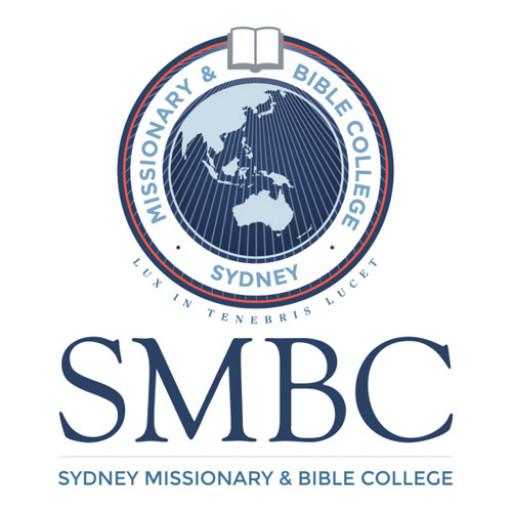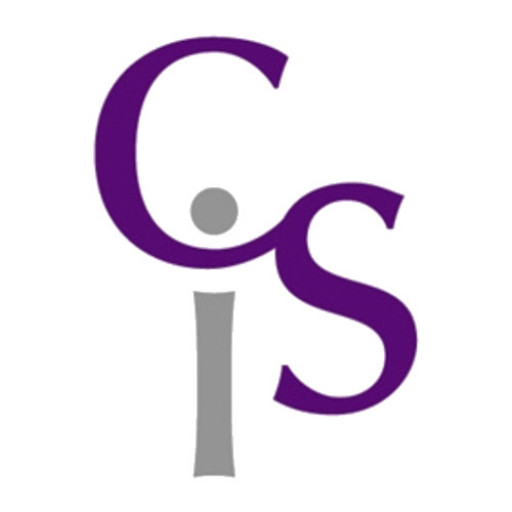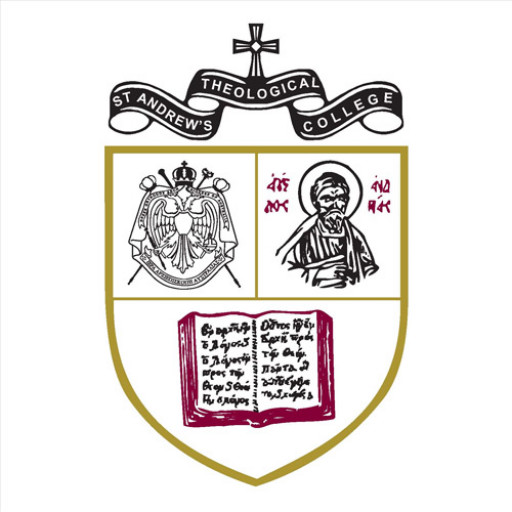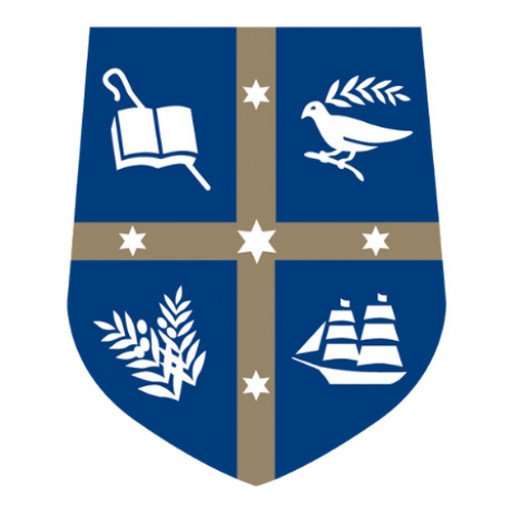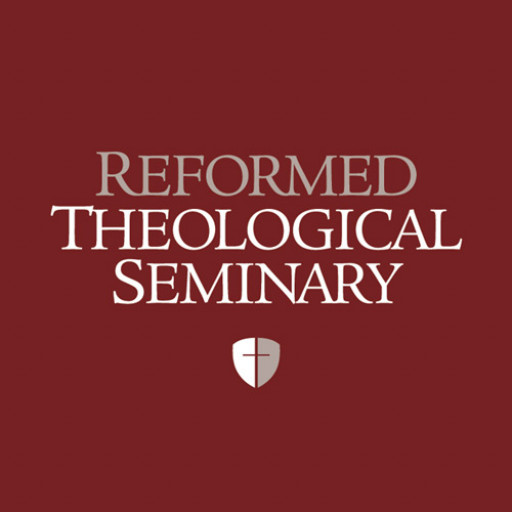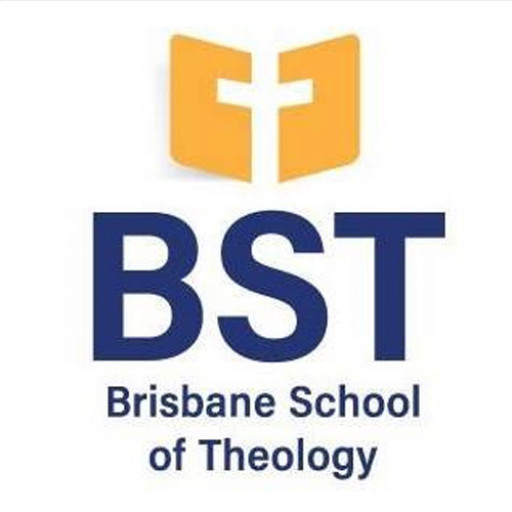Theology Program at the John Paul II Institute for Marriage and Family, Melbourne offers a comprehensive and biblically grounded education designed to equip students with a deep understanding of Christian teaching on human dignity, marriage, family, and moral life. This program aims to foster a profound appreciation of the theological foundations that underpin the Church’s teachings on human sexuality, ethics, and social responsibility, preparing graduates to serve effectively in pastoral, academic, or ecclesial contexts. Structured around a rigorous curriculum, students engage in systematic studies of Scripture, Church doctrine, and moral theology, exploring the rich theological tradition that informs contemporary issues faced by individuals and families today. The program emphasizes the importance of integrating faith and reason, encouraging critical reflection on moral questions and fostering a compassionate understanding of human experience from a Catholic perspective. Courses include foundational topics such as Christology, Sacraments, Moral Theology, and Family Theology, as well as specialized areas related to marriage and family life, pastoral ministry, and social ethics. Students are also given opportunities for applied learning through community engagement and pastoral practice, which prepare them for real-world application of their theological insights. Delivered by experienced faculty members who are experts in their fields, the program combines rigorous academic study with spiritual formation, helping students develop their intellectual, spiritual, and pastoral abilities. Graduates of the Theology program at the John Paul II Institute are well-equipped to pursue roles in clergy, religious education, pastoral counseling, or further academic research. Committed to upholding the dignity of the human person and promoting marriage and family as fundamental social institutions, the program aligns closely with the Institute’s mission to renew and deepen the Church’s understanding and proclamation of the Gospel in contemporary society. This degree program is structured to provide a lasting foundation in Catholic theology, fostering a vocation to serve others with compassion, wisdom, and theological insight in various professional and ecclesial contexts.
The program is not accredited by the Australian Psychology Accreditation Council (APAC) and completing the it will not result in registration with the Psychology Board of Australia. This program doesn't rely on any continuing skilled development requirements such as counsellors, psychologists or health care professionals in regard to some student's pro membership.
The Theology program at the John Paul II Institute for Marriage and Family in Melbourne requires prospective students to have completed secondary education or an equivalent qualification recognized by the institute. Applicants must submit a completed application form along with academic transcripts, proof of identification, and evidence of proficiency in English if applicable. The program emphasizes a deep understanding of Catholic teachings, Scripture, and the moral and pastoral aspects of theology, preparing students for roles within church missions, pastoral care, or further academic studies. Prospective students are encouraged to demonstrate a genuine interest in theological studies and a commitment to the Institute’s mission of promoting marriage and family values based on Catholic doctrine. The program curriculum includes core courses such as Introduction to Theology, Scripture Studies, Moral Theology, Sacramental Theology, and Family Theology. Additionally, students are expected to participate in seminars, group discussions, and practical workshops that foster a comprehensive grasp of both theoretical and applied aspects of theology in contemporary society. To graduate, students must complete a specified number of credit points as outlined in the program structure, which typically involves coursework, assessments, and a capstone project or thesis. The Institute also offers flexible learning options, including part-time study, to accommodate students balancing academic pursuits with personal and professional commitments. Moreover, for international students, there may be additional documentation requirements, such as visa applications and language proficiency tests like IELTS or TOEFL. All applicants should review the specific admission requirements listed on the Institute's official website or contact the admissions office directly for clarifications. The program aims to cultivate informed, compassionate, and morally grounded theologians equipped to serve in pastoral, academic, or ecclesiastical contexts.
Want to improve your English level for admission?
Prepare for the program requirements with English Online by the British Council.
- ✔️ Flexible study schedule
- ✔️ Experienced teachers
- ✔️ Certificate upon completion
📘 Recommended for students with an IELTS level of 6.0 or below.
The John Paul II Institute for Marriage and Family in Melbourne offers various funding options for its Theology degree programmes. Students may be eligible to apply for government supported loans such as FEE-HELP, which is a common financial assistance scheme for domestic students enrolled in accredited higher education courses in Australia. FEE-HELP provides a means to defer tuition payments, alleviating upfront financial burdens. Additionally, students might access scholarships and bursaries offered by the Institute or external organizations aimed at supporting students pursuing theology and related fields. These scholarships often recognize academic achievement, financial need, or commitment to family and community service, aligning with the Institute's mission.
The Institute's programs are generally structured to accommodate mature students and those balancing studies with employment or family commitments, which may influence the availability and scope of financial assistance. International students, on the other hand, are usually responsible for tuition fees and may not be eligible for government loans; they are often encouraged to seek external funding sources or sponsor support.
Tuition fees vary depending on the specific program and semester, but recent data suggests that domestic students undertaking a full-time Theology program might pay approximately AUD 10,000 to AUD 15,000 per year, with part-time options available at proportionally adjusted rates. This fee structure typically covers coursework, access to facilities, and academic resources. Some programs may also include additional costs such as textbooks, materials, and extracurricular activities.
The Institute emphasizes the importance of financial planning and encourages prospective students to explore all available funding avenues early in the application process. It provides detailed guidance and support for scholarship applications and liaises with government agencies to facilitate access to financial aid programs. As policies and fee structures can change, students are advised to consult the Institute's official website or contact the admissions office for the most current and detailed information regarding financing studies for their theology programmes. Overall, the Institute strives to make theological education accessible and affordable, recognizing its vital role in fostering understanding of marriage, family, and human dignity within society.
The John Paul II Institute for Marriage and Family in Melbourne offers a comprehensive Theology programme designed to deepen students' understanding of theological principles, particularly in the context of marriage and family life. The programme aims to provide students with a solid foundation in Catholic theology, biblical studies, moral theology, and the church’s teachings on human dignity, love, and family life. It is structured to cater to those pursuing careers in pastoral ministry, religious education, or further academic research in theology and related fields. The curriculum emphasizes a holistic approach to theology, integrating philosophical insights with doctrinal teachings to foster a nuanced understanding of human nature, relationships, and morality. Courses typically include biblical exegesis, systematic theology, ethics, and specialized studies in marriage and family issues. The programme encourages critical reflection on contemporary social and cultural challenges faced by families today, promoting a faith-based approach to addressing issues such as marriage preparation, reproductive ethics, and family support. Tuition is delivered through lectures, seminars, and interactive discussions, often involving guest speakers and practitioners from relevant fields. Students are expected to engage in theological research and, in some cases, complete a thesis or capstone project to demonstrate their understanding and ability to apply theological concepts practically. The institute maintains close ties with Catholic communities and offers opportunities for practical engagement through ministry placements and community service initiatives. Graduates of the programme are equipped not only with theological knowledge but also with skills in pastoral care, ethical decision-making, and effective communication, preparing them for roles within church leadership, education, or further theological studies. As the programme aligns with the institute’s mission to promote marriage and family life based on Catholic teachings, it emphasizes a faith-driven perspective that seeks to serve the needs of the Church and society at large. The overall educational experience is designed to foster spiritual growth, personal development, and a deep commitment to the principles of the Catholic faith, ensuring graduates can confidently contribute to their communities and undertake leadership roles within the church or related organizations.



